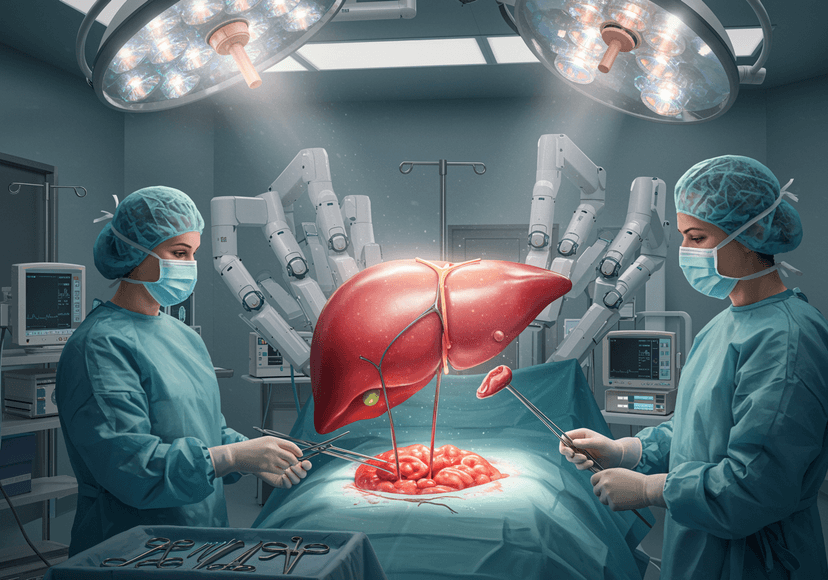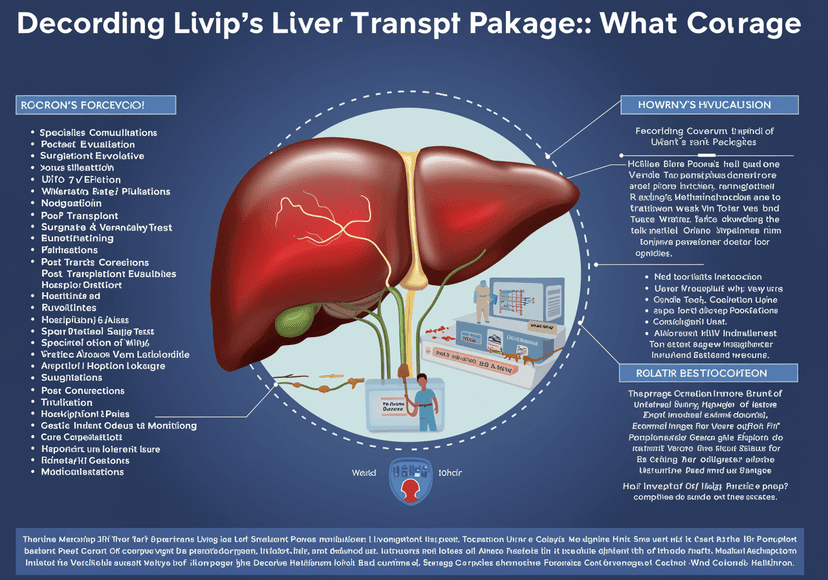
The Future of Xenotransplantation
08 Oct, 2024
 Healthtrip
HealthtripThe concept of xenotransplantation, or the transfer of living cells, tissues, or organs from one species to another, has been around for decades, but recent breakthroughs have brought us closer than ever to making it a reality. Imagine a world where organs are no longer in short supply, and people no longer have to wait months or even years for a life-saving transplant. It's a future where xenotransplantation could revolutionize the field of medicine and save countless lives.
The History of Xenotransplantation
Xenotransplantation has a long and fascinating history, with the first attempts dating back to the 17th century. In the 1960s and 1970s, scientists began to experiment with transplanting organs from chimpanzees into humans, but these efforts were met with limited success. The main challenge was the immune system's rejection of the foreign tissue, which would lead to the transplant's failure. However, in recent years, scientists have made significant progress in overcoming this hurdle, and the field of xenotransplantation is now on the cusp of a major breakthrough.
Most popular procedures in India
The Role of Genetic Engineering
One of the key factors behind the recent progress in xenotransplantation is the development of genetic engineering techniques. Scientists have been able to genetically modify pigs, the most common donor species, to make their organs more compatible with the human immune system. This has involved deleting genes that trigger the immune response and adding genes that help the body accept the transplanted organ. The result is a pig organ that is much less likely to be rejected by the human body.
In addition to genetic modification, scientists have also made advances in immunosuppressive therapy, which helps to suppress the immune system's natural response to the transplanted organ. This has involved the development of new drugs and treatments that can be tailored to individual patients, reducing the risk of rejection and improving the chances of a successful transplant.
Wellness Treatments
Give yourself the time to relax
Lowest Prices Guaranteed!

Lowest Prices Guaranteed!
The Potential of Xenotransplantation
The potential of xenotransplantation is vast, and it could revolutionize the field of medicine in several ways. One of the most significant benefits is the potential to increase the availability of organs for transplantation. Currently, there are over 100,000 people in the United States alone waiting for a life-saving transplant, and many of these people will die before an organ becomes available. Xenotransplantation could provide an unlimited supply of organs, saving countless lives and improving the quality of life for millions of people.
Treating Rare Genetic Disorders
Xenotransplantation also holds promise for the treatment of rare genetic disorders. For example, scientists are currently exploring the possibility of transplanting stem cells from genetically modified pigs into patients with genetic disorders such as sickle cell anemia. This could provide a cure for these debilitating diseases, which currently have limited treatment options.
In addition to its potential in transplantation, xenotransplantation could also revolutionize the field of medicine by providing a new source of organs for research. Scientists could use pig organs to test new drugs and treatments, reducing the need for human clinical trials and accelerating the development of new medicines.
The Challenges Ahead
Despite the significant progress that has been made in xenotransplantation, there are still several challenges that need to be overcome before it can become a reality. One of the main challenges is the risk of zoonotic disease transmission, where a disease is transmitted from the donor animal to the human recipient. This risk can be minimized through careful screening of the donor animals and the use of advanced sterilization techniques.
Public Perception and Ethical Concerns
Another challenge is public perception and ethical concerns. Some people may be uncomfortable with the idea of receiving an organ from an animal, and there are ethical concerns around the use of animals for medical research. However, as the technology advances and the benefits become clearer, it is likely that public opinion will shift in favor of xenotransplantation.
In conclusion, xenotransplantation has the potential to revolutionize the field of medicine and save countless lives. While there are still challenges to be overcome, the recent breakthroughs in genetic engineering and immunosuppressive therapy have brought us closer than ever to making it a reality. As the technology continues to advance, it is likely that xenotransplantation will become a common and life-saving procedure, transforming the lives of millions of people around the world.
Related Blogs

Healthtrip's Advanced Liver Transplant Technology
Discover Healthtrip's state-of-the-art liver transplant facilities, boasting advanced technology and

Decoding Healthtrip's Liver Transplant Packages: What's Covered?
Learn exactly what Healthtrip's all-inclusive liver transplant packages offer, from

Transforming Healthcare in the Region: King's College Hospital London – Jeddah
Discover how King's College Hospital London – Jeddah is revolutionizing

Singapore General Hospital: Pioneering Healthcare Excellence
Explore the latest medical advancements and treatments at SGH, a

India's Leading Hospitals for Organ Transplant
Get the best organ transplant in India from top hospitals

Kidney Transplant: What to Expect
A comprehensive guide to kidney transplant surgery and recovery










